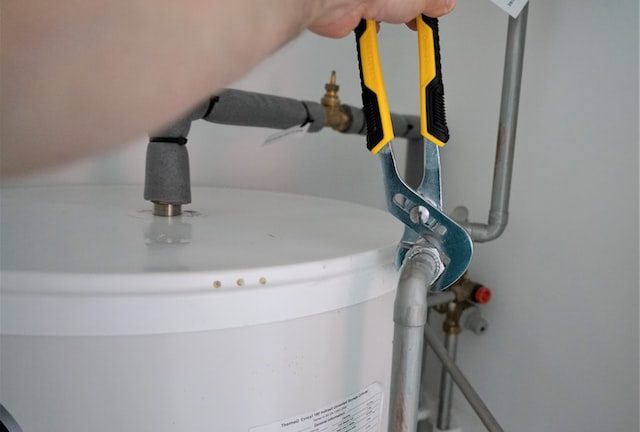If you are looking for a handyman to perform plumbing repairs on your home, you will want to consider some essential factors. Make sure that the contractor you choose is properly licensed, that he is insured, and that you have a written contract.
The scope of the work
If you’re considering hiring a handyman for your next plumbing repair, you know that these men and women can perform several tasks. However, the best way to choose a handyperson is to determine what you need. That means you have to define the project in writing. Often, a contractor is the best choice if you’re planning on having a significant amount of work done to your home. A general contractor is best for more substantial remodels, whereas a plumber can do everything from minor plumbing tasks to little electrical work.
It’s also worth noting that while a handyperson can get the job done, a reputable plumber can provide you with the peace of mind and reassurance that you’ll be back in your home in no time.
Licensing
When hiring a handyman for plumbing repairs, you want to be sure that the person is licensed. It is essential if you’re in a state that requires a license. Usually, you’ll find a better investment if you hire a licensed professional.
If you’re considering starting a handyman business, you should first learn about the laws in your state. These laws may have a wide variety of restrictions and penalties. You should also contact an attorney or a contractor’s board investigator to ensure you don’t violate any rules.
Handymen are an excellent option for small jobs. However, you may need a license if you work on a large project. In most states, the amount of work you may do without permission is limited.
Insurance
Handymen are a great resource around the house for many different repairs and maintenance tasks. But they also carry a lot of risks. Insurance is one way to protect you against these risks, so it’s worth looking into.
Whether you’re a homeowner looking to get your house repaired, or a business owner, you may need some insurance. Depending on your business, you could need workers’ compensation, general liability, or even tools and equipment insurance.
Before you hire a handyperson, you should find out what types of insurance are required. You can ask your do-it-yourselfer or search online for insurance providers in your area. Ensure you get a quote from at least two places, as prices vary widely.
Dangers
Hiring a handyperson for plumbing repair can be a good idea, but it also comes with a few risks. For example, you may have to pay for the work in advance, and you may need a guarantee that the job will be completed properly. But, on the other hand, if the work is done correctly, you can avoid serious problems with your home.
Many handymen do not carry insurance. Unlicensed workers can cause injuries to the people in your home. Additionally, some states prohibit using a handyman for major plumbing repairs.
Hiring a plumber will ensure that your home is safe and that your plumbing problems are repaired quickly. Also, plumbers are experienced with chemical and gas work. Moreover, plumbers can replace fixtures, fix leaky faucets and handle severe water and sewer problems.
Written contract
If you’re hiring a handyman to work in your home, there are many things to consider. You’ll want to ask about his credentials, check for references, and be sure to ask him about his business’s reputation.
You’ll also want to ensure you get a written contract before signing on the dotted line. A contract can help to protect you, your handyman, and your home. While it isn’t always required, it can be a worthwhile precaution.
A valid contract can protect you against being duped by a scam artist. It will also serve as a basis for a legal claim if you run into trouble.
The payment conditions are one of the most significant aspects of any handyman contract. Don’t expect to pay the handyman up front, but you should know the terms before the work begins.




